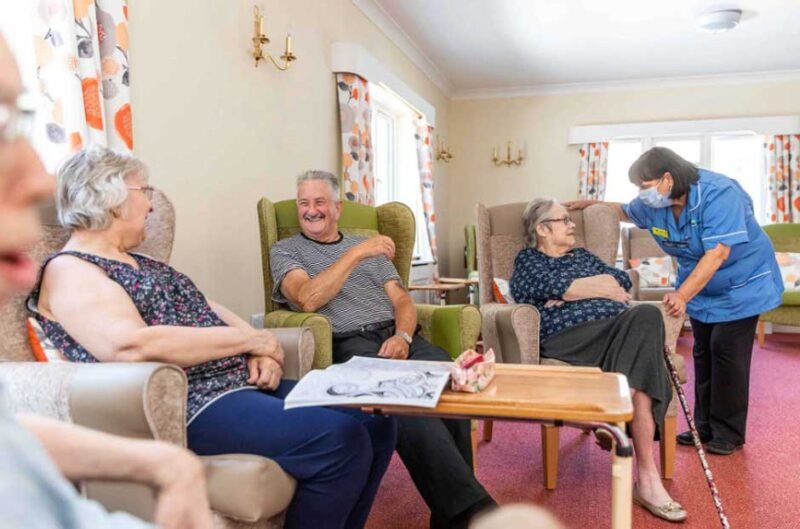
Watching a loved one age or cope with chronic health challenges can be an emotional journey. Families often struggle with the decision of whether the home remains the best environment or if a care home might offer a safer, more enriching quality of life. While the transition can be difficult, recognizing the signs and understanding the benefits can make the decision clearer and more compassionate.
Signs That Home May No Longer Be Safe
The most critical factor in considering a move to a care home is safety. If your loved one is experiencing frequent falls, forgetting to turn off appliances, or wandering off, these are strong indicators that living at home may no longer be the safest option. Even smaller issues, like forgetting to take medication or missing meals, can add up and lead to significant health risks over time.
Additionally, look out for physical signs such as bruises, weight loss, or unclean clothing—these may suggest they’re struggling with daily tasks but are unwilling or embarrassed to ask for help.
Care Needs That Are Too Complex for Family Support
Caring for someone with advanced dementia, chronic illnesses, or mobility challenges requires specialized knowledge and round-the-clock attention. Many families try to manage at home but find themselves overwhelmed physically and emotionally. If your loved one needs regular medical care, assistance with bathing, dressing, or eating, or is showing signs of severe cognitive decline, a professional care setting might be more appropriate.
Care homes have trained staff available 24/7 to provide these services, along with structured routines and social engagement that can enhance your loved one’s overall well-being.
Caregiver Burnout: A Sign It’s Time to Reassess
Family caregivers often face immense stress, juggling care responsibilities alongside jobs, children, and personal health. If you’re feeling emotionally exhausted, physically drained, or unable to manage anymore, this could be a sign that it’s time to explore other options. Remember, making the decision to consider a care home isn’t giving up—it’s making a choice that supports both your loved one and yourself.
Emotional and Social Isolation
As people age, they often become more isolated—especially if mobility becomes limited or if they’ve lost a spouse or close friends. A quality care home offers opportunities for social interaction, recreational activities, and meaningful engagement, which can dramatically improve emotional health. If your loved one spends most days alone, is showing signs of depression, or no longer finds joy in previous hobbies, a change in environment could provide much-needed stimulation.
Facilities like care homes in Bath provide not only physical care but also a rich calendar of activities designed to foster friendships and purpose—something that’s hard to replicate at home.
How to Start the Conversation
Bringing up the idea of moving into a care home can be a sensitive topic. Approach the topic with empathy, not authority. Try to involve your loved one in the decision-making process, and highlight the positives—like more social opportunities, safety, and less worry for both of you.
You might start by touring care homes together or talking to a GP or social worker for an objective medical opinion. Sometimes, hearing it from a professional can help ease resistance and shift perspective.
Making the Transition with Compassion
Once the decision is made, involve your loved one in setting up their new space. Bring familiar items—photos, favorite pillows, books—to help create a sense of home. Be present during the early days of the transition, visiting frequently and encouraging participation in activities.
It’s normal to feel guilt or sadness during this time, but remind yourself that choosing professional care is an act of love—ensuring your loved one gets the support and dignity they deserve.









